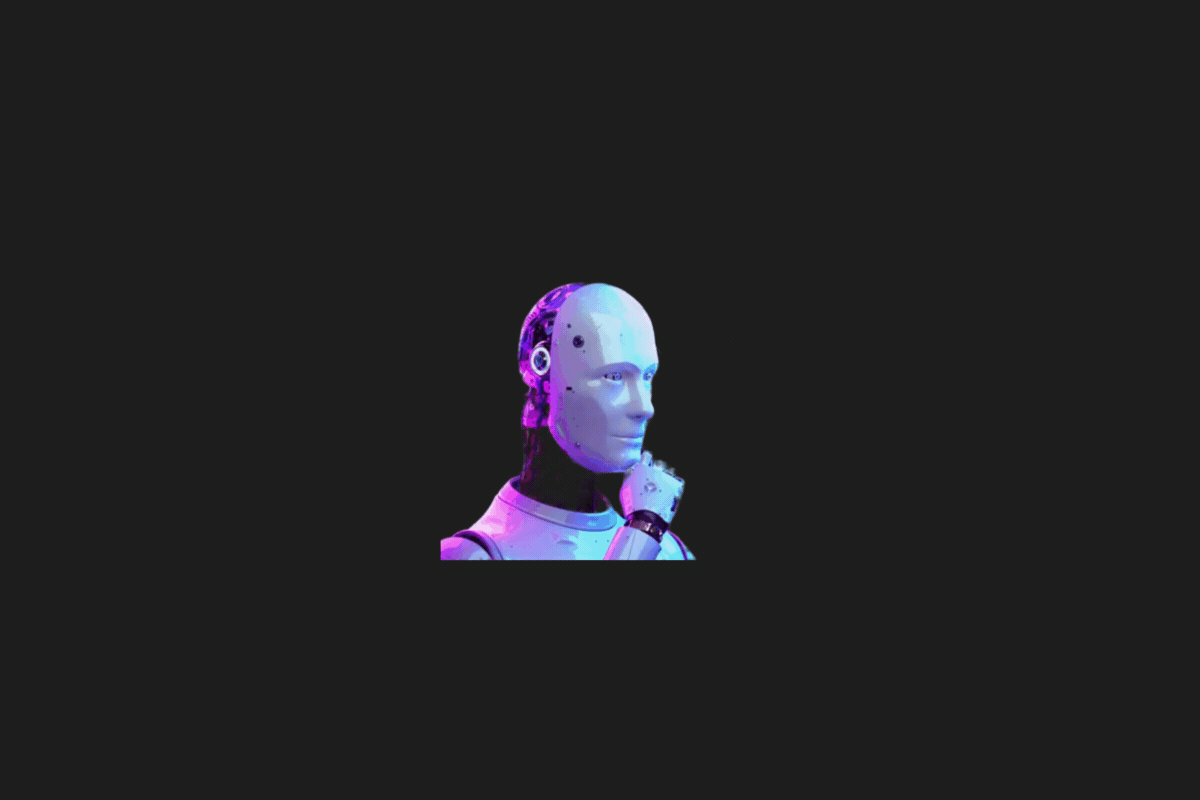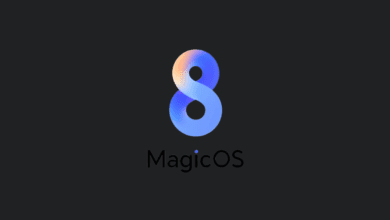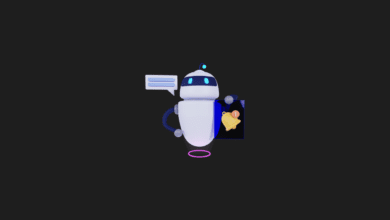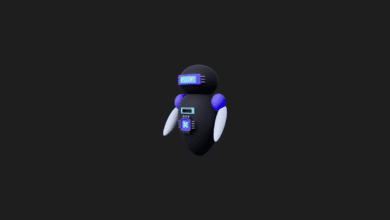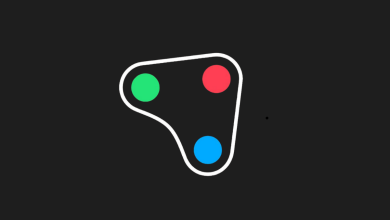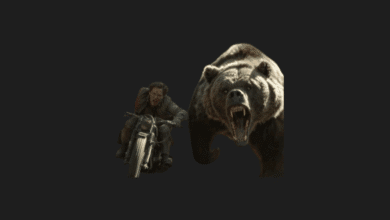Can animal experimentation end with artificial intelligence?

In the world of science, artificial intelligence is poised to replace animal testing. Let’s take a look at the details together.
Animal testing is conducted to determine whether drugs and other substances are safe for human use. However, this process is both ethically problematic and requires significant time and resources. For these reasons, researchers have been searching for alternative methods to animal testing for many years. Rapidly developing artificial intelligence systems are promising, as they can accelerate progress in this field.
How can artificial intelligence be an alternative to animal testing?
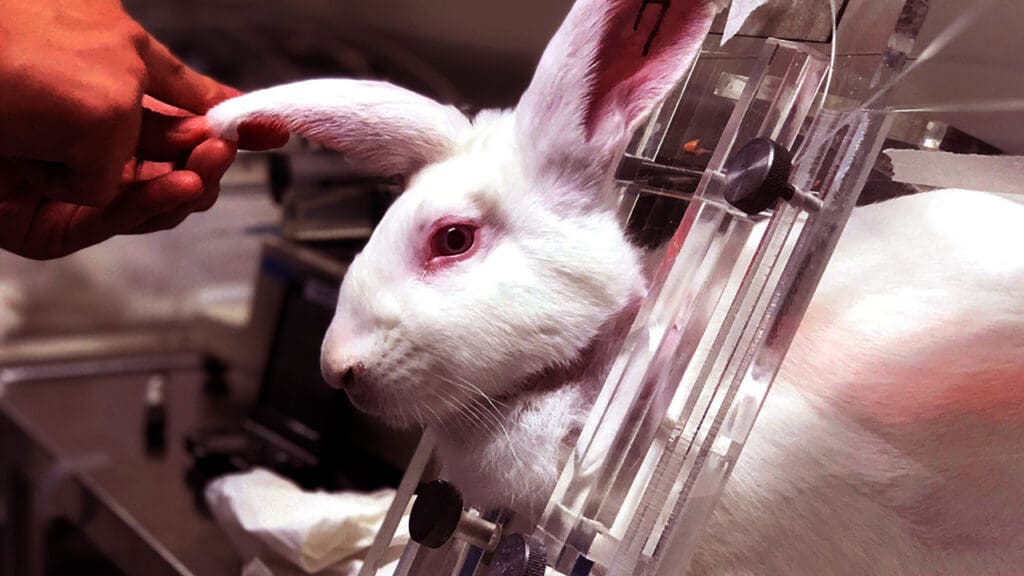
Artificial intelligence scans all available global animal test results, making new tests redundant. “AI models are very exciting in terms of extracting and synthesizing existing data,” says Joseph Manuppello, senior research analyst at the Physicians Committee for Responsible Medicine. Thomas Hartung, a professor of toxicology at Johns Hopkins University, adds, “AI is as good or better than humans at extracting information from scientific papers.”
Hartung notes that the need to test new chemicals is one of the main reasons for animal testing. More than 1,000 new compounds that hit the market each year require testing. Artificial intelligence systems are beginning to determine the toxicity of new chemicals. “It’s going to be very useful to make a preliminary assessment at the push of a button, to be able to say there’s a problem here,” Hartung said. He also mentions that AI provides a significant leap in the power and accuracy of toxicology tests.
Artificial intelligence is also used in developing new drugs. However, it should be noted that AI systems are not perfect in determining chemical safety and have data bias issues. For example, if an AI system is mostly trained on health data from a single ethnic group, it may not yield appropriate results for other ethnic groups. Additionally, testing human drugs in animals can sometimes be ineffective. The arthritis drug Vioxx, for instance, passed animal tests but was withdrawn after it appeared to increase the risk of heart attack and stroke in humans.
AI projects are being developed to avoid future animal testing. The AnimalGAN project, developed by the U.S. Food and Drug Administration, aims to predict how mice will react to chemicals. The AI was trained on data from 6,442 real mice. (You can review the article of the related study here.)
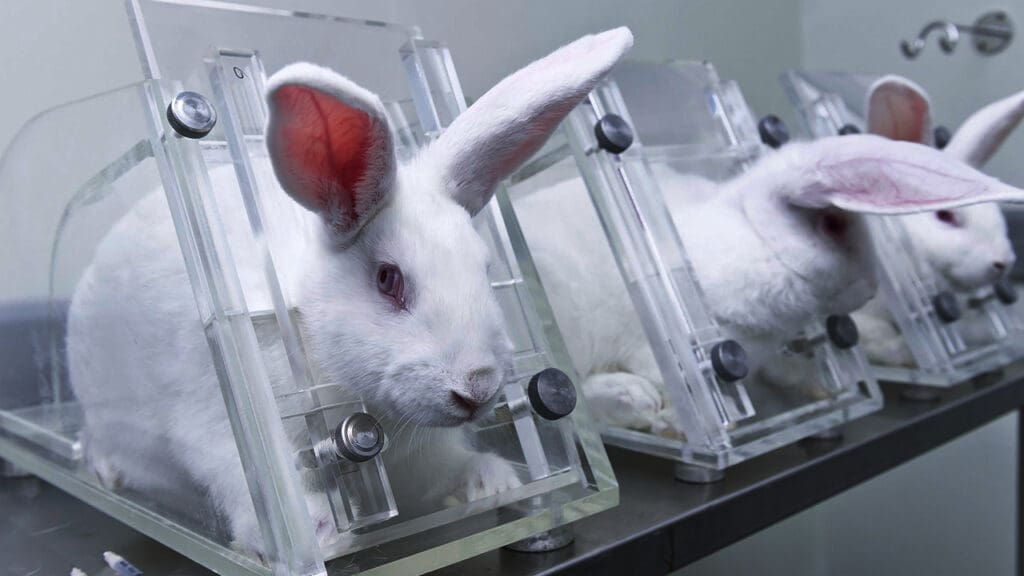
A similar international project, Virtual Second Species, aims to create an AI-powered virtual dog trained on historic dog test results. These projects could reduce the need for new drugs to be tested on mice and dogs before starting human trials.
One of the biggest future challenges for AI-based testing is gaining regulatory approval. Cathy Vickers, from the UK National Centre for the Replacement, Refinement, and Reduction of Animals in Research, says full adoption will take time. Emma Grange of Cruelty Free International argues that animal testing should be banned, regardless of whether AI-powered alternatives are effective.
Kerstin Kleinschmidt-Dorr notes that animal testing can’t just disappear. “The use of animals is necessary and in many ways mandatory,” says Kleinschmidt-Dorr, chief veterinarian at the German pharmaceutical company Merck. However, they hope to find better solutions in the future that don’t require animal testing.
In conclusion, artificial intelligence has the potential to replace animal testing, and work in this area is progressing rapidly. However, it seems that it will take time for this technology to be fully accepted and for animal testing to end altogether. What do you think? Please share your thoughts with us in the comments section below.




